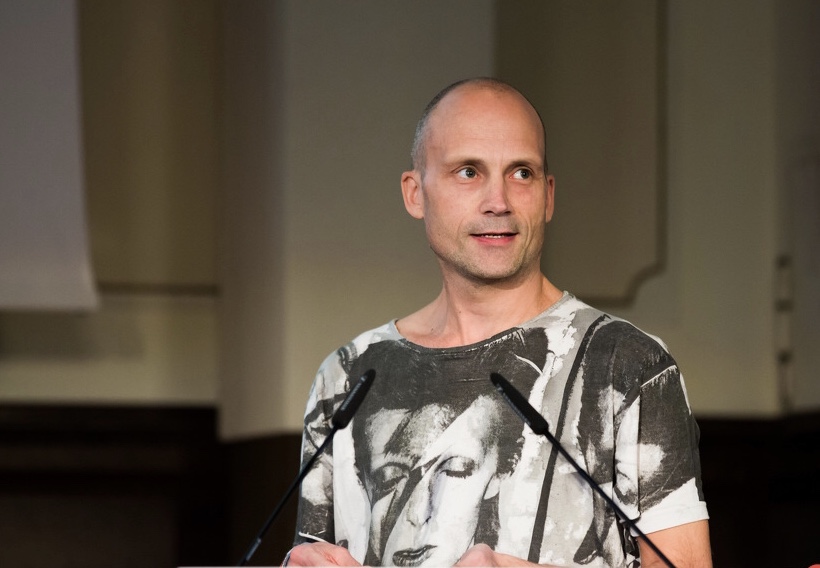It sounds so cool. Becoming a freelancer, enjoying all that freedom and charging awesome daily rates. But what is happening under the surface of the rising gig economy?
Yes, freelancing is great if you have the discipline to handle all the freedom AND obligations. And if you have more than enough customers, without being flooded in fifty-hour workweeks.
But let‘s not forget the underlying developments:
- we have seen a surge in freelancers because many people had been laid off by their employers. It wasn‘t a voluntary choice to become entrepreneur, it was more forced upon by the circumstances
- Freelancing is only interesting for tasks that cannot be automated. Hence the outlooks are good for the creative class (designers, strategists) and for handymen (plumbing, carpenters, etc) but much less for catering, security and lots of other jobs. Don‘t forget to say hi to your Uber driver… (in Holland for example, the government is exploring possibilities to integrate low-paid freelance jobs into the social security system again somehow)
- Freelancing is one of the few options for middle class people to still make enough money to realize their ambitions. Simply working hard for the money, as our parents did, and expecting your living standard will improve automatically is not good enough anymore. The social contract has been broken: Wages are not rising enough anymore to compensate the ever higher costs of living and real estate. Basically freelancing in this scenario is a high-risk bet, hoping for lots of customers and healthy daily rates. This study actually shows half of Californian freelancers for example struggling with poverty
Worrying
All these three developments are extremely worrying. As Larry Elliott recently wrote in The Guardian, it is the rise of a ‚squeezed middle class‘: an ever smaller group of people who at least still see their welfare increased, instead of being stagnant or worse.
The slow disintegration of the middle class has many effects, apart from the economic ones. To start with the psychological ones: The freelancers have to get used to uncertainty and have no idea whether the gig economy is a good long-term plan or not. Those with a medium- or low-skilled job have to accept their wages and living conditions will be stagnant at best, and that some of their dreams (an own house, sending kids to college) might not materialize.
Political effects
This is a development that can be seen in varying degrees all over the world. And of course, accepting that your life is stagnant is never going to happen. So we have also seen the political knock-on effects in the last couple of years, from Brazil to the US or France. More nationalism, more xenophobia, and a lot of anger.
Solutions will not come over night. And I don‘t have the illusion I would have these solutions, there are other people for that. But as I have been a freelancer myself in various stages of my life, and most of my friends are, it is good to be aware of the risks of the gig economy. And to realize that the basic social contract between politics, companies and employees is broken.
Capitalism itself is thus broken, some say. Because working hard doesn‘t guarantee you anything anymore at the moment. And that really is something that needs fixing urgently.
(Update June 2nd 2019: also read this analysis by the former minister of labor in America, Robert Reich)





